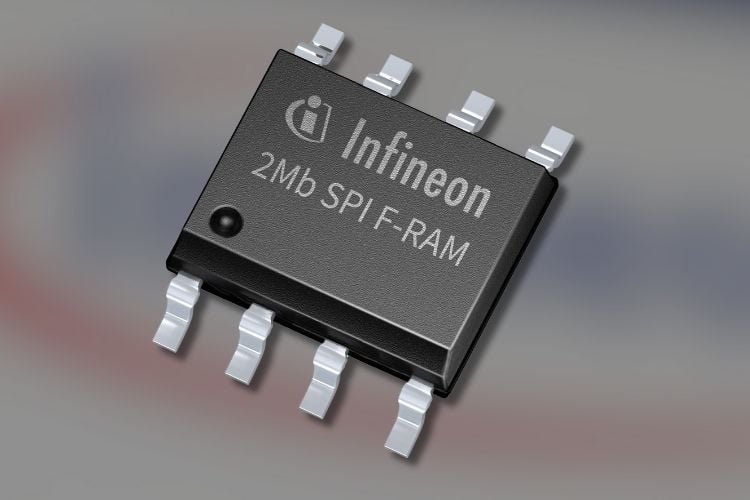
Infineon has introduced its radiation-tolerant memory portfolio. These are important for space use, specifically in Low Earth Orbit (LEO) missions. LEO satellites are closer to Earth, where the severity of radiation is less, and hence these COTS components offer cost-effective and time-efficient solutions.
The current release includes three types of memory chips: F-RAM (Ferroelectric RAM), QSPI NOR Flash, and pSRAM (pseudo-static RAM). They offer a mix of high performance, low power, and simpler wiring. F-RAM, QSPI NOR Flash, and pSRAM can tolerate radiation up to 50 krad(Si), 30 krad(Si), and 100 krad(Si), respectively. They can withstand wide temperature ranges, with F-RAM operating from -55°C to +125°C, and both QSPI NOR Flash and pSRAM from -40°C to +125°C, which is critical in space, where temperature changes can be drastic.
Infineon also has radiation-tolerant power devices under its high-reliability division, the IR HiRel group, for aerospace and defense-grade components. This includes MOSFETs (Metal-Oxide-Semiconductor Field-Effect Transistors), which are available in 60V and 150V variants, in both N- and P-channel types. They are qualified to AEC-Q101, have a radiation tolerance of 30 krad(Si), and are intended to serve 2-5 years of use in LEO missions. The devices come in plastic packages and support surface-mount and through-hole mounting. The products can be purchased from Arrow and Avnet.

